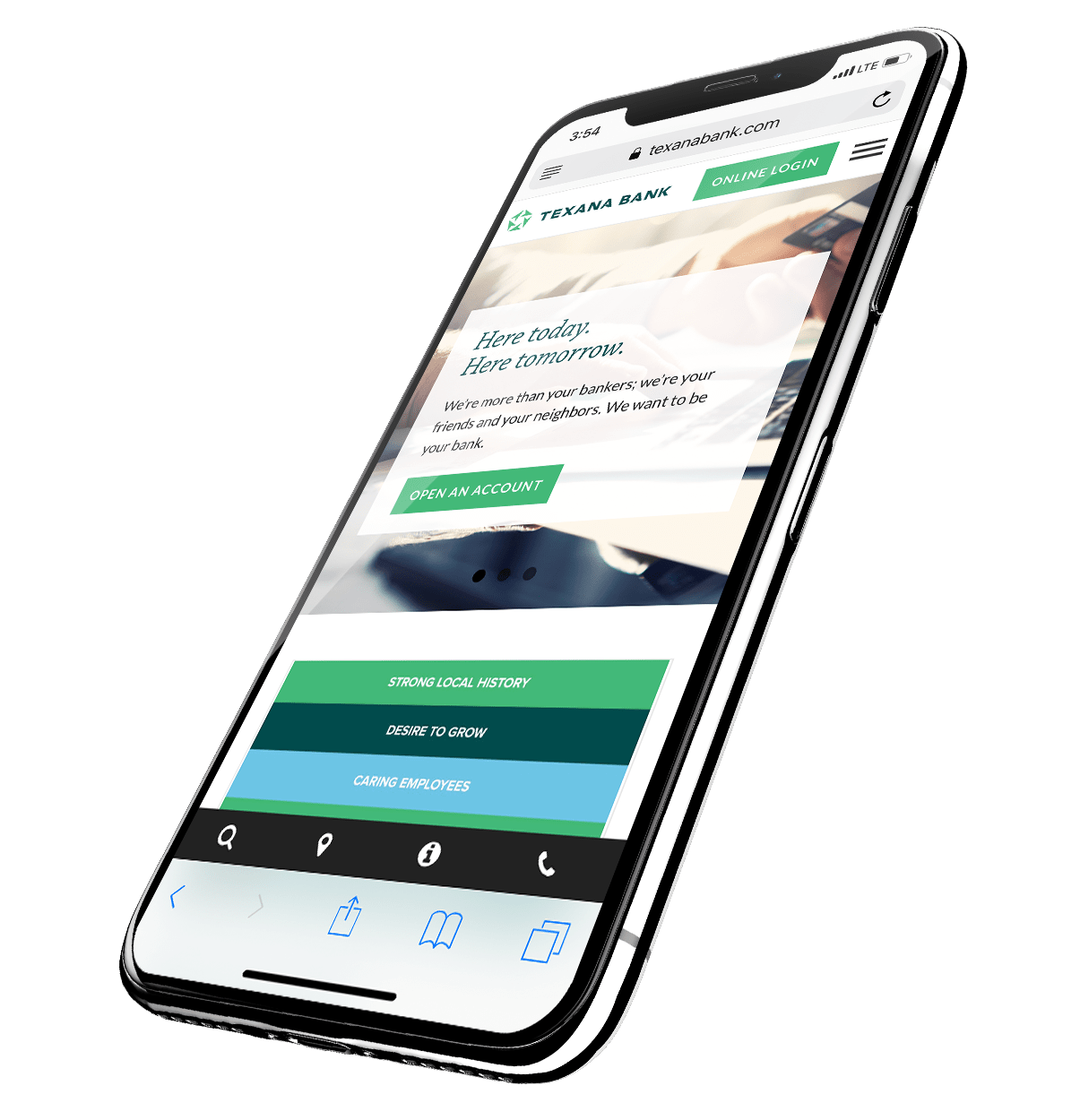Artists, especially of the literary ilk, are often accused of focusing too much on the inner world.
Franz Kafka famously said, “Writing is utter solitude, the descent into the cold abyss of oneself.”
Futurist dystopian novelist Philip K. Dick said, “The problem with introspection is that it has no end.”
Introspection is the mental addiction of the artist, but for many of us in the more concrete world of business, introspection is difficult to understand.
Similarly, it can be argued the mental addiction of the business owner is inspiration. As business owners, we are driven by stories of success. Steve Jobs and Steve Wozniak in their garage. Howard Schultz and his kooky idea to turn a drip coffee bar into a chain of high-end espresso cafes.
Whereas an artist might consider a businessperson as cold, detached or nothing more than a suit, those same business types often consider artists self-absorbed and out of touch.
The bookshelves of artists are filled with books like The War of Art or Bird by Bird — about finding the inspiration within ourselves. You’ll rarely find these books on the shelves of a business owner, but instead you’ll find Good to Great, Outliers and The 7 Habits of Highly Effective People.
It seems the general trend in the world of startups, entrepreneurs and business owners is to look to others for direction. We read books, listen to motivational online videos, search out inspirational memes and share these to leave a breadcrumb trail for others to follow.
While I agree with the anonymous philosopher who said, “A smart man learns from his mistakes, and a wise one learns from others,” I think we might be spending too much time waiting on Superman instead of acting of our own accord.
We must take time to do the hard work of looking inside. Do not hear me say, “You have all the secrets of success locked inside you.” If you believe that, you need to find a new YouTube playlist. What I am saying is this: Your experience in business is uniquely yours.
It’s worth stopping to look at and measure your unique business case instead of only interpreting someone else’s experiences and trying to apply them to you.
I think Carl Jung summed it up pretty nicely when he said, “Your visions will become clear only when you can look into your own heart. Who looks outside, dreams; who looks inside, awakes.”
We must all dream. The greatest entrepreneurs are dreamers, but the thing separating most of us from them is the act of looking at themselves and figuring out what they need to do to make the dream a reality.
Around this time each year, I do this myself. I circle the wagons internally. My staff and I assess our efforts — on our clients’ businesses and our own.
What worked last year?
What do we want to do differently?
Can clients expect anything different?
Did we get the results we wanted?
Are our clients seeing the results they want?
Are they developing any new products or hitting any big benchmarks this year?
Most years, these meetings are where we come up with our best ideas — the ideas that drive our strategy for the year (or years) to come.
I believe in this practice so much that I shut down the office, hired a temp to answer phones and took our staff off-site for two days of introspection.
Sure, we can look at what other small agencies are doing around the country, but how many agencies of our size do the same type of work in Tupelo, Mississippi? None.
We spend a great deal of our time looking to the world around us for inspiration. It’s the only way to push your work while remaining relevant. Our yearly look inward is one of our strongest ways we can stay grounded.
When walking in the woods, it helps to look down every so often to make sure you’re on the path.
Inspiration is how we stay in touch with the world. Introspection is how we stay in touch with ourselves. We must take time to practically apply the inspiration we gather each day to our unique experience.
How many businesses have you seen become so inspired they completely lose touch and spiral out of control because they forgot who they were, why they were and how they were?
IBM nearly did this in the desktop computing boom of the 1990s. They hurriedly (by corporate standards) assembled off-the-shelf products to compete with the likes of Apple, Compaq and others. If not for their stature, the poor reception to IBM’s products might have hurt the company even worse.
As entrepreneurs, we see something cool and immediately want to do it. We forget to ask those three important questions. Can I? Will I? Should I?
The work of looking inward and asking the tough questions isn’t easy. Introspection often means admitting fault. I looked at my staff a few times over the two days of conversations and said, “That was my fault. Let’s find a better way to do that next time.” My staff did the same thing, and sometimes we had the equally difficult job of assigning fault where it wasn’t openly admitted. But we walked away with a plan.
For a few days, stop asking how you can be the Uber of your field and, instead, ask how you can be better yourself.
Don’t get too far into 2017 without doing the hard work of self-discovery. It’s the only way to uniquely get better.




